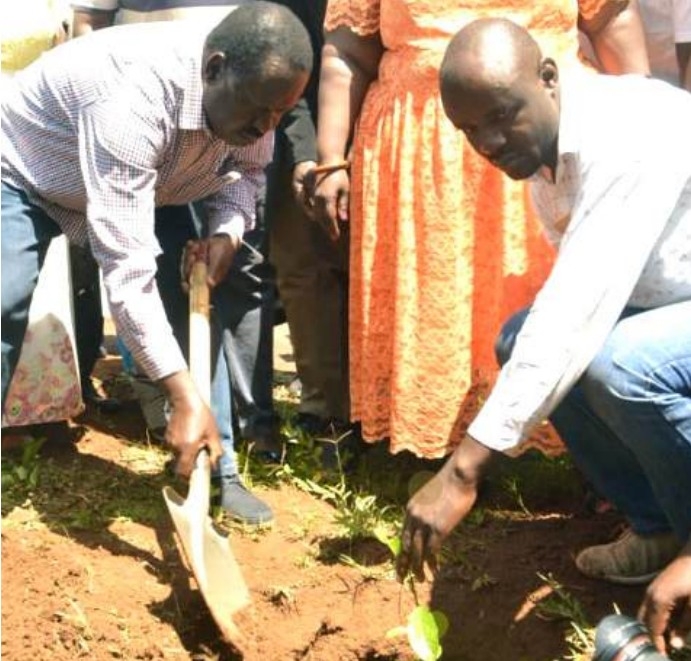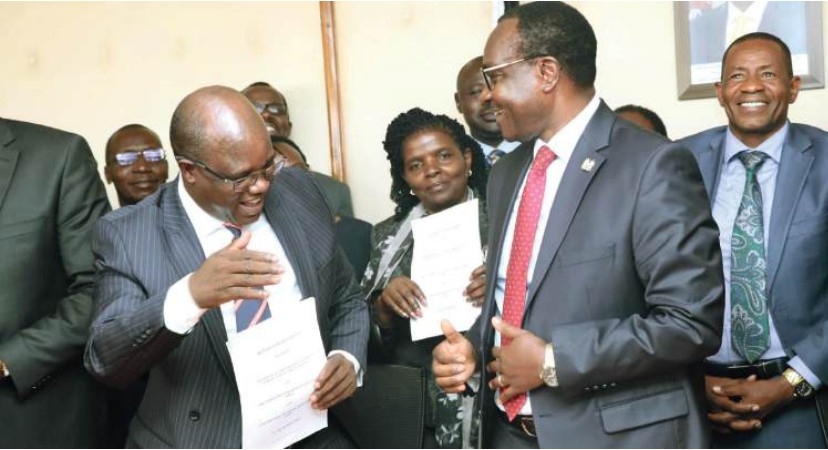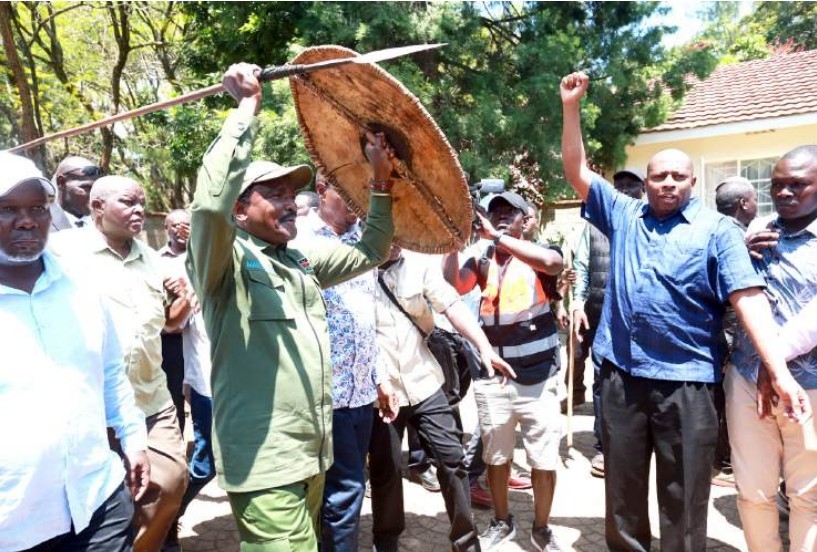
The Ministry of Agriculture and Livestock Development has unveiled a new climate risk resilience initiative aimed at protecting smallholder farmers from climate-related losses.
Launched in partnership with Pula, Bayer Foundation, Lemonade Foundation, SOMPO Digital Lab, and Etherisc, the program integrates climate-smart insurance into Kenya’s National Fertiliser Subsidy Program.
“This partnership is about creating meaningful access to resilience,” said Mildred Nadah Pita, Head of Public Affairs, Science & Sustainability, Africa at Bayer.
“At Bayer Foundation, we believe that insurance shouldn’t be a privilege for a few, but a tool that empowers underserved farmers, especially women and youth, to thrive in the face of climate change.”
The initiative, the first of its kind in Kenya and across the region, will initially pilot in 11 counties.
These include Makueni, Machakos, Kisii, Migori, Meru, Nyeri, Trans-Nzoia, Kakamega, Kericho, Nakuru, and Uasin Gishu.
It is expected to reach 250,000 crop farmers before expanding nationwide next year.
Farmers registered on the Kenya Integrated Agriculture Management Information System (KIAMIS) in these counties will automatically be enrolled in the insurance scheme when they collect subsidised fertiliser.
Each farmer will receive coverage worth Sh7,000, equivalent to the cost of two bags of subsidised fertiliser from the government.
“This initiative is designed to de-risk smallholder farmers from climate-related threats,” said Thomas Njeru, Co-founder and CEO of Pula Advisors.
“Together, we are transforming how agricultural subsidies work. We deliver dignity, resilience, and predictability to farmers who feed our nation.”
The project aims to stabilise rural incomes, unlock financing, and promote food security by embedding insurance into essential government services.
Agriculture accounts for 33 per cent of Kenya’s GDP and employs over 70 per cent of the rural population, yet fewer than five per cent of farmers currently have formal insurance.
The initiative leverages Pula’s digital tools, including the Pula Insurance Engine and Mavuno, an AI-powered farmer registration platform. It uses satellite, weather, and on-ground data to monitor rainfall, pests, and diseases.
Farmers will receive timely payouts in cash or inputs if yields fall below a set threshold.
“The future of climate protection in agriculture lies in scalable, digital-first solutions,” said Dimitri Fishler, Strategy and Operations Lead at the Lemonade Foundation.
“By leveraging digital infrastructure and integrating with mobile wallets, we ensure that farmers are paid, transparently and rapidly, when it matters most.”
The Ministry says the program demonstrates the power of public-private partnerships in enabling climate adaptation at scale and fostering a resilient agricultural economy.














![[PHOTOS] How ODM@20 dinner went down](/_next/image?url=https%3A%2F%2Fcdn.radioafrica.digital%2Fimage%2F2025%2F11%2F99d04439-7d94-4ec5-8e18-899441a55b21.jpg&w=3840&q=100)


